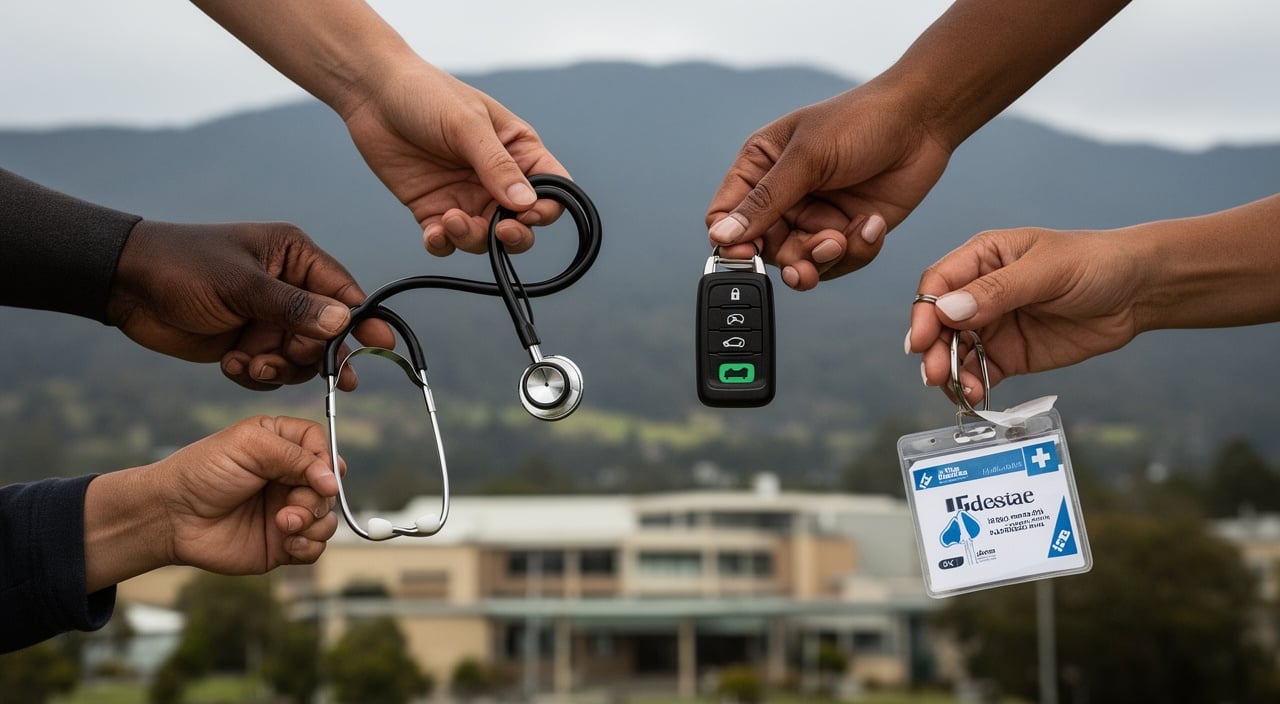ACCC says regional areas paying too much for groceries

Senator Tammy Tyrrell, Independent Senator for Tasmania, says the ACCC Supermarket Inquiry interim report echoes evidence in previous supermarket inquiries.
“How many times do you have to bang your head against the brick wall before something sinks in?
“The ACCC Supermarket Inquiry highlights what we already knew: regional areas without competition are paying too much for groceries. Tasmanians are feeling the pinch at the checkout because we don’t have the option to shop around. There’s no ALDI or Costco.
“Competitors like ALDI say logistics make it difficult to set up in Tassie. That’s why I’m chairing a Senate Inquiry into freight costs across Bass Strait.
"Businesses are paying huge costs to get produce to and from the mainland. They can’t absorb that. It gets passed on to shoppers when they pay at the checkout. And it’s not just a Tassie issue. 80% of what’s sent across the Bass Strait is fresh food for sale in other states, so it impacts on prices for mainlanders too.
"The current government scheme to subsidise freight costs for businesses isn’t working. Fixing it to be fairer for businesses will help with grocery prices, help producers and make it more attractive for supermarket competitors to come to Tassie."
The ACCC interim report also commented on allegations of land banking and how it creates a barrier to entry or expansion for supermarket competitors.
“Burnie in North-West Tasmania is a town of 20,000 people. It has one Woolies and one Coles. There’s now a brand-new second Woolies being built five minutes from the other one.
"I’m not saying that’s land banking or anything dodgy. But I am saying Burnie didn’t really need a second Woolies.”
**I've launched a petition to bring ALDI to Tassie. Sign it here.
What else is news?
Everything Tam's been saying in front of journalists and their microphones.

From the outback to the suburbs, veterinarians are the frontline that safeguards animal welfare, rural economies and our own health against hidden biosecurity threats.

Adequate funding transforms early childhood classrooms into launchpads where skilled educators can nurture curiosity and resilience, giving Australian kids a lifelong edge.

Tasmania’s hospitals overflow with fit patients awaiting aged-care support
Find out why healthy Tasmanians are stuck in beds while the government drags its feet.

What if the next doctor you see isn’t born here?

Tasmania’s longest-serving disability provider battles a perfect storm
The hidden costs that could shut down essential therapy for thousands.

Find out why empathy may be the missing piece to solving Australia’s housing crisis.